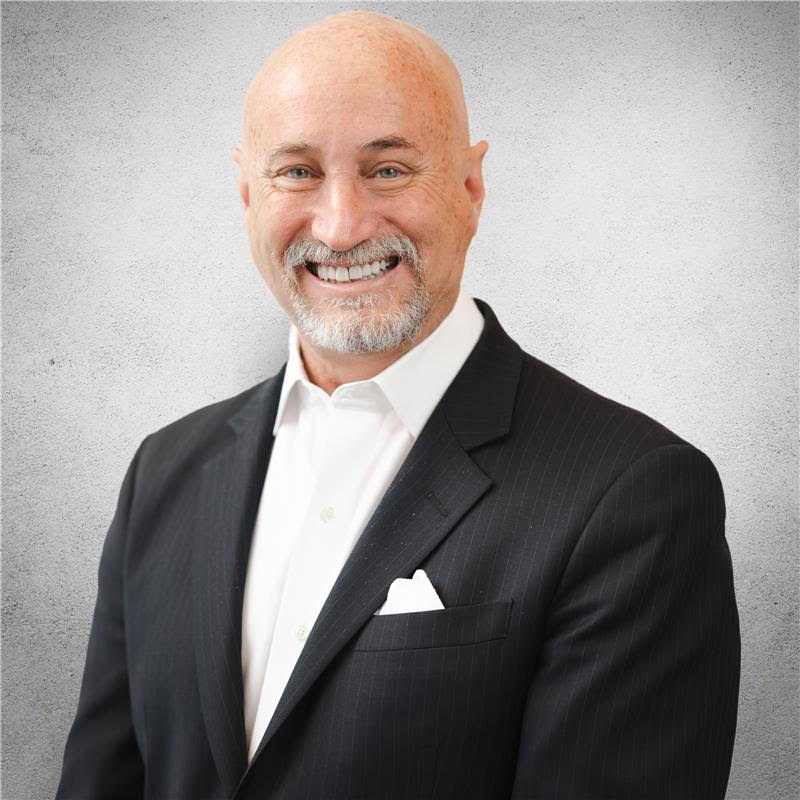New member Scott Cooper says the ultimate appeal of the Satell Institute is who else is in the room.
* * *
If you don’t believe it’s lonely at the top, just ask a CEO.
“As a CEO, there are times when you just want a reality check or some independent validation from outside your own organization: is this the way my peers are approaching the same big issues?” says Scott Cooper, CEO of Language Services Associates, the international interpretation and translation company headquartered in suburban Philadelphia. “You can have the very best team in the world, and you will always want to check, ‘Are we on the right path?’”
It’s why Cooper – and so many other business leaders – have found such value in being members of the Satell Institute. “When you go in there and you find like-minded people who also share a commitment to the community,” Cooper says, “it’s almost automatic: how do we sign up to be a member?”
After spending more than 25 years practicing law at Philadelphia-based firm Blank Rome, Cooper — past president of the Philadelphia Bar Association — made a career shift five years ago, joining longtime client LSA as part of its leadership transition. He ascended to the role of company president in 2021 and CEO this past January.
One of the initiatives he’s instituted is a deepening of LSA’s commitment to Corporate Social Responsibility, including launching a new department. “We have a lot of people at this company who want to do a lot of good, but they didn’t have a place to direct those resources.”
In this new conversation, Cooper talks about his company’s passion for giving back; the powerful role CSR plays within companies; and the invaluable experiences CEOs get when they join SI.
* * *
The simple version of what we do…
… is that we source interpreters. When our customers cannot talk to their customers, they bring us in so that they can have a conversation.
One of our main focuses is doctors speaking to patients. Or sometimes it may be that someone files a claim with their insurance company, and the claimholder doesn’t speak the same language as the company. We do close to 250 languages and dialects.
Our workforce…
…includes about 250 people fulltime, and we have a global network of thousands of interpreters. It’s the footprint of a very very large company. It’s one of the largest industries in the world you’ve never heard of until you’re in it.
Our success really starts…
…with an emphasis on the quality of the interpreters. Many companies can provide translation services in Spanish, but it’s what happens when you move into other languages in terms of quality and the clarity of the interpretation that matters. Those have always been points of emphasis for us.
It’s also about technology. The people that buy from us are the leading companies in the country if not the world, so they have high expectations when it comes to quality and security. A lot of patient data may go through what we do, for example, so we need to make sure that’s airtight. We try to match the human side of things with all the related technology.
I had plenty of opportunities over the years to leave the practice of law…
…but they never piqued my interest. But this business was exactly the right size. It was entrepreneurial, but it was a large player in the industry. The challenge of leading the company and taking it to the next level is what excited me – it’s what still gets me excited.
The commitment to CSR…
…runs very deep with me at every point in my career. Our company was founded by an interpreter, and she believes strongly in giving back to the communities we serve. We have never wavered from her vision. You can’t spend almost 30 years in the practice of law and have a commitment to pro bono work and not have it sink in at some point. And it embeds in you that no matter how busy you are, you can always find time to do it.
Before I took over this role…
…there was no formal mechanism within LSA to give back to the community. This sounds very basic, but we started a department to focus on that.
As a business, a lot of what we do is helping communities that have no voice. A lot of our customers are on the fringes of society. So that’s already running through the DNA of the company. But the mechanism part for CSR we had to build from scratch, and we’re still building that out.
We’ve gotten more focused on where our philanthropic money is spent. Like a lot of organizations, instead of giving to every cause under the sun, we made a decision to figure out where we can have meaningful impact attached to causes more aligned with the underlying mission of this company.
We’ve also done things like find other organizations that are ahead of us on this and partnering with them. We’re very heavily involved in the Chester area with the Philadelphia Union’s foundation. They already have a lot of these programs, so we didn’t have to build them.
In addition to helping the community, CSR…
…helps our company. Ever since COVID, we are a 100 percent remote company. So CSR fills a critical role in connecting the people within the company. They go to an event together, or even if they just read about someone else in the company having done something, it’s one more bond that ties us all together when we are, in fact, working all over the country. It’s not the reason we do it, but it’s one of the benefits that I love having spin off of it.
I went to my first Satell Institute CEO conference last year…
…thanks to an invitation from Tim McDermott at the Philadelphia Union. It’s the old story – if somebody that I think that highly of thought it was worth going to, it was worth checking out. I went to the meeting at the National Constitution Center, and I was hooked.
Like all CEOs, I get invited to lots of industry and civic events, and very few of them ever live up to the hype. This one overperformed. I’ve said that to a number of people. Just sitting there engaging in those conversations — I immediately bought into the Satell Institute mission of trying to make it a better world as far as we can.
When you see the quality of people who go to a Satell conference…
…it just validates your own efforts, seeing what you think of as peer or aspirational companies. The people that are in that room are the household names of the regional economy. They’re there by choice, and they’re sharing openly what they’re doing.
We might all be CEOs…
…but I haven’t met any two people at any of the meetings who are thinking about these topics the same way. So you always take away a slightly different take on the same subject. I look at myself as a lifetime learner, and if I’m sitting with really smart, really experienced people, some of that has to rub off.
One other thing I love about the Satell Institute…
…is that it tries very hard to stay cutting-edge and constantly relevant. Taking on something as ambitious as artificial intelligence, that’s a big task. Being risky enough to say we’ll take on the big stuff and not just play it safe because we’ve got a lot of heavy hitters in the room – that’s really impressive to me. And I hope that part of the mission never changes.


